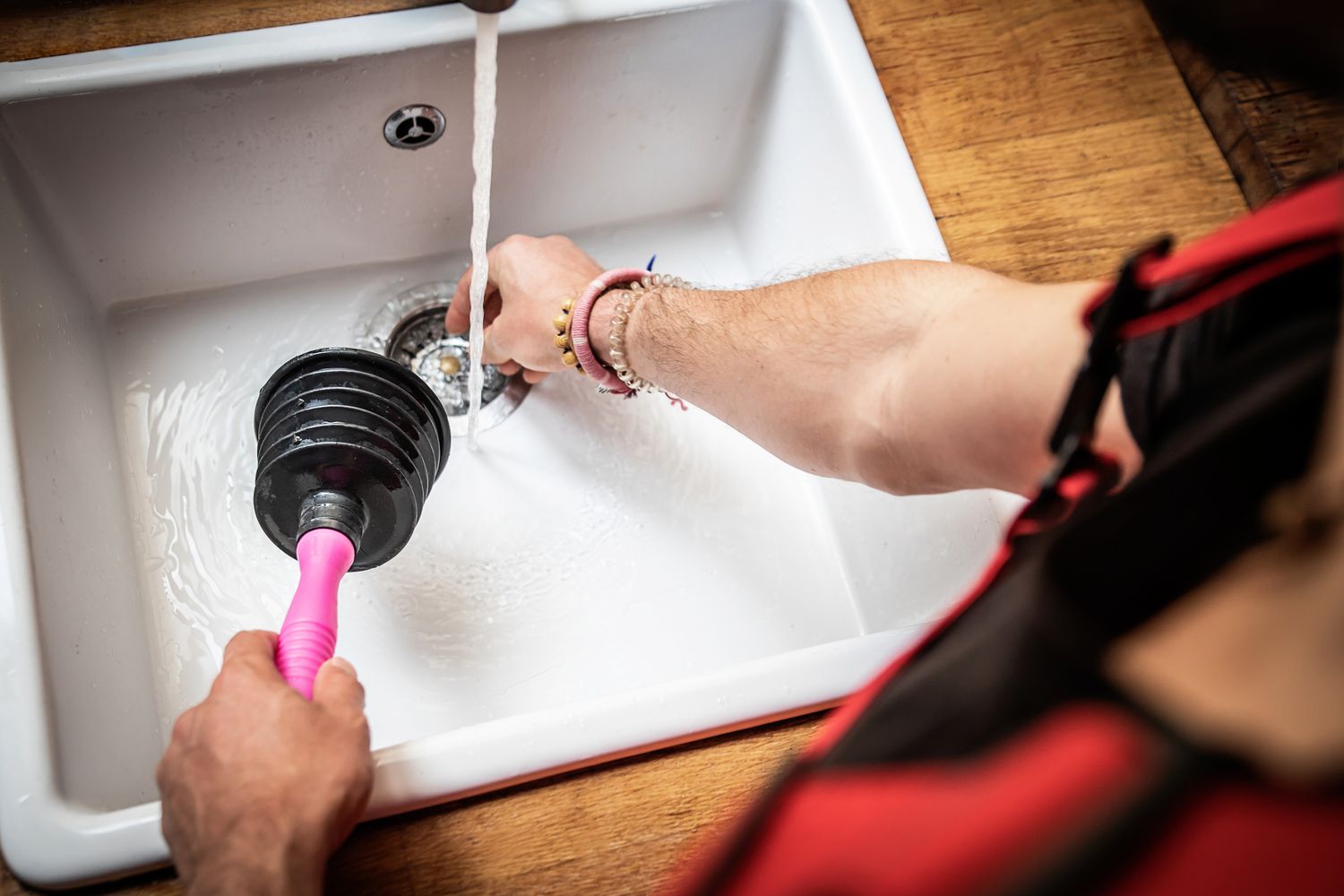Clogged kitchen sinks are a common household issue that can disrupt daily routines and lead to frustrating scenarios. Whether it’s caused by food debris, grease buildup, or foreign objects accidentally washed down the drain, a blockage can quickly escalate from a minor inconvenience to a significant plumbing headache. Understanding the causes and prevention methods can save time, money, and the stress associated with dealing with an overflowing sink.
This article aims to shed light on the various factors contributing to clogged kitchen sinks, as well as practical solutions for both prevention and remediation. From simple DIY techniques to when to call in a professional plumber, we will cover everything you need to know to keep your kitchen sink running smoothly. Empower yourself with knowledge and learn how to tackle this common problem head-on.
Common Causes of Clogged Kitchen Sinks
Clogs often originate from a combination of food particles, grease, and soap scum collecting over time in the pipes. Items like coffee grounds, vegetable peels, and cooking oil are notorious culprits that can create stubborn blockages. Additionally, foreign objects such as utensils or food wrappers that accidentally slip down the drain can exacerbate the problem. Regular maintenance, such as running hot water after using the sink and utilizing drain catchers, can help prevent these issues. For more detailed information on addressing clogged kitchen sinks, refer to this helpful Website.

Effective DIY Solutions
When faced with a clogged sink, several DIY methods can provide immediate relief. Pouring a mixture of baking soda and vinegar down the drain can help break down buildup and eliminate odors. After allowing the mixture to sit for 30 minutes, flushing the drain with boiling water can clear away residual debris. If these methods are ineffective, using a plunger or a plumbing snake might be necessary to dislodge stubborn clogs. It’s important, however, to recognize when a blockage is beyond DIY repair and requires professional assistance to avoid further damage to the plumbing system.
In conclusion, addressing a clogged kitchen sink effectively requires both an understanding of its causes and a proactive approach to maintenance. Regularly cleaning and caring for your sink can significantly reduce the risk of clogs, while knowing some simple DIY solutions can empower you to tackle minor issues as they arise. However, it is crucial to recognize the limits of your abilities some blockages may necessitate the expertise of a professional plumber to ensure a long-term resolution without risking damage to your plumbing system. By applying these insights and techniques, you can keep your kitchen sink in optimal working condition, allowing you to focus on what truly matters: enjoying your time in the kitchen.

